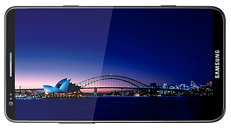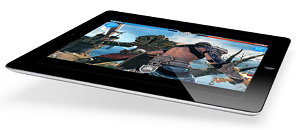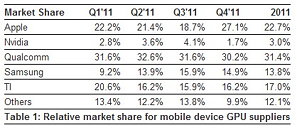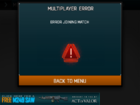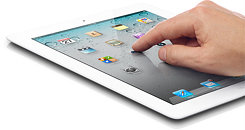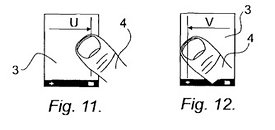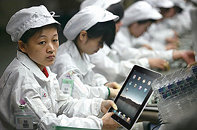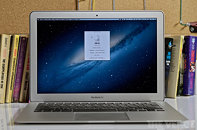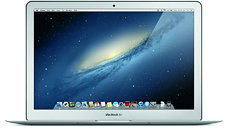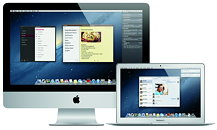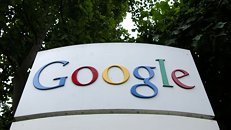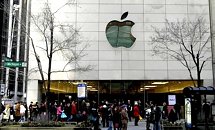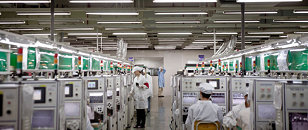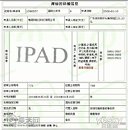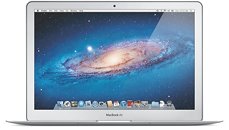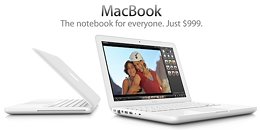
Apple Considers 14-inch MacBook Air
Apple is reportedly toying with the idea of a slightly bigger MacBook Air. This report comes in the wake of several others, pointing that the MacBook Pro of the future will look increasingly like the MacBook Air. Apple is considering this new, big MacBook Air to fully enter the Asia PC market, sources told DigiTimes. 14-inch notebooks are preferred more in the Asian markets, while European buyers, for instance, prefer 15-inch (or bigger) ones. The screen resolution of the new 14-inch MacBook Air is not known. The current biggest model in the series, the 13.3-inch one, packs 1440x900 pixels.


